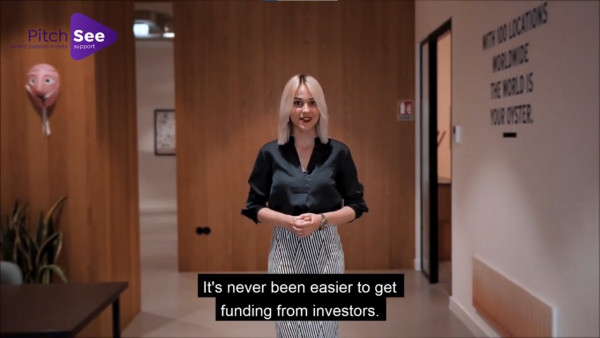
<Are you ready to for your startup project to grow?
You surely remember a moment in your life when you would wake up one morning with an amazing idea? It might have looked like Newton’s apple, and you were ready to change the world? Well, there is a big difference after we’ve become grown-ups with these ideas. That difference comes with a question of how find funding for our startup project? Luckily, in the 21st century, a good idea doesn’t go unnoticed, yet funding is often big, if not the biggest obstacle or milestone. You can make a business and marketing plan, but how do you make it all happen if your capital is not enough to begin with? Especially when society always reminds you that 9 out of 10 startups fail in the first two years, and 2-3 of them fail completely.
But, if your startup project is good enough, it can make someone important raise their eyebrow.
The most common types of funding startup project
Young entrepreneurs often choose crowdfunding campaigns. They can help them raise funds faster and with no upfront fees but are not that interesting for high net investors and angel investors. Individual investors aim to get invested in the company with equity or other terms not usually available in crowdfunding.
Another common type is venture capital (VC). VC is a form of private equity, mostly given to startups that can show traction and growth potential. VC’s invest in companies in exchange for equity or an ownership stake.
There is also One-on-One investment, known as angel investing. Angel investors often back startup projects in the early stages and provide mentoring. According to EBAN Statistic Compendium 2021 total European early-stage investment market in 2020 is estimated to be worth 13.21 Billion Euros while angel investing represents the biggest share of the early-stage private investment market, approximately 58% of the total market, followed by the early-stage venture capital (35%).
Angel investors provide funding for startup projects, mostly in exchange for convertible debt or ownership equity. There is no-debt financing, and the funding range for startups makes angel investors more suitable sources than, for example, VCs. According to the University of New Hampshire Centre for Venture Research, angel investors are the leading source of seed and startup capital.
Starting your own business is a risk itself. So, startups should be wise when it comes to choosing an investor especially early-stage.
